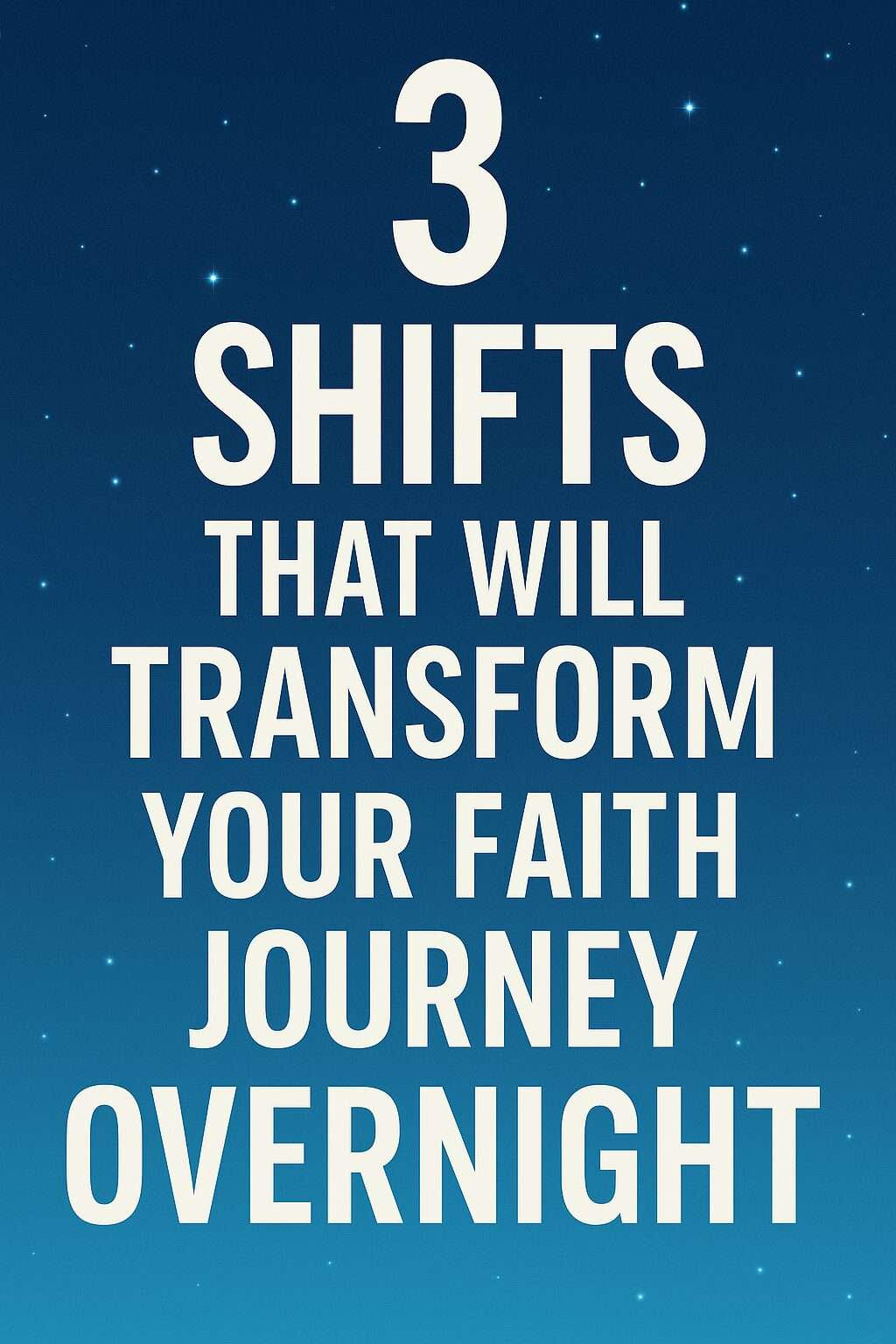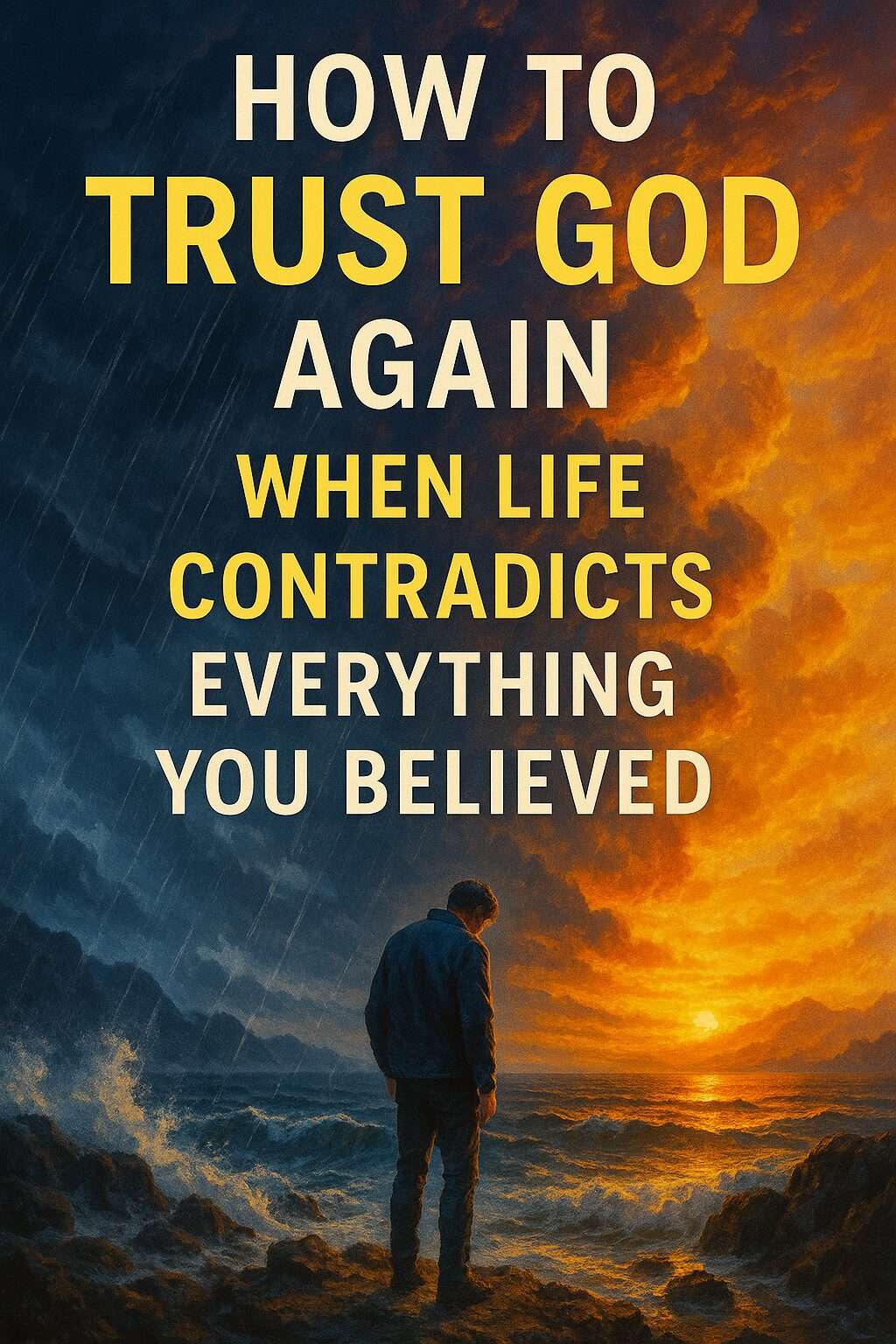You know the routine well.
Sunday morning: Put on your “church face.” Answer “blessed” when asked how you’re doing—even if you’re struggling. Nod knowingly during the sermon. Raise your hands at the right moment during worship. Speak the language of victory even when you feel defeated.
Monday through Saturday: Navigate the constant pressure to maintain the image of the “good Christian.” Keep your doubts private. Hide your struggles. Project spiritual success.
This exhausting performance isn’t what Jesus envisioned when He promised abundant life. Yet millions of believers find themselves trapped behind carefully crafted Christian masks—presenting a polished religious image while their authentic selves remain hidden and disconnected.
In Scott Johnson’s transformative novel THE CALL, protagonist Bob Cooper discovers this truth during his mysterious mountain journey: “You’ve been operating from the wrong map.” Like many believers, Bob had built his life around a religious performance that looked impressive but left him hollow inside.
Let’s explore how to move beyond the Christian mask and discover the authentic self God actually designed you to be.
The Cost of the Christian Mask
The Christian mask—that carefully constructed spiritual image we present to others—carries a devastating price tag:
- Emotional exhaustion from maintaining inconsistent external/internal realities
- Spiritual disconnection as relationship with God becomes performance-based
- Community isolation despite being surrounded by other believers
- Identity confusion as the “mask self” competes with the authentic self
- Diminished impact as ministry flows from image rather than genuine calling
In THE CALL, Bob confronts this reality when he realizes his seemingly perfect life was “a carefully constructed illusion” that kept him spiritually exhausted but never fulfilled.
The mask doesn’t just hide you from others—it eventually hides you from yourself. As one reader of THE CALL shared: “I played the good Christian for so long that I couldn’t remember who I actually was anymore.”
Four Common Christian Masks
While Christian masks take countless forms, four archetypes frequently appear in faith communities:
Mask #1: The Perfect Spiritual Discipline Practitioner
How It Manifests: Subtle references to extensive prayer times, fasting practices, or Bible reading streaks. Spiritual disciplines become achievements rather than relationship tools.
What It Hides: Seasons of spiritual dryness, inconsistency in practices, uncertainty about experiencing God’s presence.
THE CALL Connection: Bob’s realization that “prayer life transforms when embracing the truth: We don’t pray to reach God; we pray because He has already reached us.”
Mask #2: The Perennially Happy Believer
How It Manifests: Constant positive language regardless of circumstances. “I’m blessed!” becomes the automatic response to every inquiry, while negative emotions get spiritualized away.
What It Hides: Normal human emotions like sadness, anger, disappointment, and grief that are actually biblically validated (see Psalms).
THE CALL Connection: Bob’s journey reveals that authentic faith “doesn’t deny struggle but transforms how we experience it.”
Mask #3: The Theological Expert
How It Manifests: Identity built around doctrinal precision and biblical knowledge. Faith becomes primarily intellectual rather than relational.
What It Hides: Questions, doubts, and the gap between knowing theological truths and experiencing them.
THE CALL Connection: Bob’s realization that “information about God is not the same as transformation by God.”
Mask #4: The Never-Struggling Saint
How It Manifests: Testimonies only shared after victories are secured. Struggles mentioned only in past tense, never present tense.
What It Hides: Ongoing battles with temptation, sin patterns, and the daily need for grace.
THE CALL Connection: Bob’s discovery that “you don’t have to earn peace. You already carry the Prince of Peace within you.”
Key Takeaway: The Christian mask is not a single behavior but a pattern of presenting a curated spiritual image rather than an authentic self.
Why We Wear the Masks
Understanding why we default to performance helps in breaking free from it. The Christian mask develops from several sources:
Misunderstanding God’s Expectations
Many believers operate from a distorted view of God as a demanding taskmaster rather than a loving Father. This creates a relationship built on performance rather than love.
As portrayed in THE CALL, this produces the “prayer paradox”: the more desperately someone tries to reach God through effort, the more distant He often feels.
Fear of Community Rejection
Christian communities, while offering tremendous support, can also unintentionally create performance pressure through comparison and judgment.
“I was terrified of being ‘found out,'” shared one reader of THE CALL. “If people knew my real thoughts and struggles, would I still be welcome in church leadership?”
Identity Wrapped in Religious Achievement
When spiritual milestones become sources of self-worth, authenticity threatens that foundation.
In THE CALL, Bob confronts this when he realizes “what would shift if I fully believed my future is already inside me, rather than something I must chase through achievement?”
False Maps About Spiritual Growth
Most significantly, many Christians follow “false maps” that portray spiritual maturity as the absence of struggle rather than authentic relationship through struggle.
As THE CALL emphasizes: “You are not what you struggle with. You are who God says you are—regardless of your current battle.”
Key Takeaway: The Christian mask isn’t just about impressing others—it’s about protecting ourselves from perceived rejection by God and community.
The Biblical Case for Authenticity
Far from demanding religious performance, Scripture consistently validates authenticity:
- David openly expressed his doubts, fears, and even anger toward God (Psalms)
- Paul acknowledged his ongoing struggles with sin (Romans 7) and weakness (2 Corinthians 12)
- Jesus displayed authentic emotions including anger, grief, and distress
Most importantly, Jesus reserved His strongest criticism for those wearing religious masks: “Woe to you, teachers of the law and Pharisees, you hypocrites! You are like whitewashed tombs, which look beautiful on the outside but on the inside are full of the bones of the dead” (Matthew 23:27).
The gospel itself centers on authenticity—we come to God as we actually are, not as we pretend to be. As THE CALL emphasizes: “God doesn’t want your performance. He wants you.”
The Journey to Your True Self: Five Practical Steps
Moving beyond the Christian mask isn’t a one-time decision but a journey of incremental authenticity:
Step 1: Identify Your Specific Masks and Their Triggers
Before you can remove the mask, you must recognize when you’re wearing it.
Practical Exercise: For one week, notice moments when you feel the urge to project a certain spiritual image. What triggered it? What were you trying to hide or project?
As detailed in THE CALL workbook: “Awareness is not about trying harder. It’s about remembering who you are and staying conscious of it.”
Step 2: Create Safe Spaces for Authentic Expression
Authenticity requires psychological safety—environments where real expression won’t result in rejection.
Practical Exercise: Identify one person with whom you can practice complete honesty about your spiritual journey. Start small, sharing one thing you normally keep hidden.
As one participant in THE CALL workshop shared: “I needed just one person who wouldn’t freak out when I admitted I sometimes doubt God’s goodness. That one safe relationship changed everything.”
Step 3: Practice Incremental Vulnerability
Authenticity develops through practice—small steps of vulnerability that build trust with yourself and others.
Practical Exercise: Choose one area of your faith journey where you typically wear a mask. Practice sharing one real thought or experience in this area with a trusted friend.
THE CALL workbook emphasizes: “You don’t have to share everything with everyone. Start with something small but real.”
Step 4: Anchor in Identity Rather Than Image
The most powerful antidote to mask-wearing is a secure sense of identity in Christ.
Practical Exercise: Each morning, declare: “I am already accepted in Christ. Nothing I do today will make God love me more or less.”
As portrayed in THE CALL: “Identity isn’t something you achieve. It’s something you receive.”
Step 5: Develop Authenticity-Reinforcing Habits
New patterns of authenticity must replace old patterns of performance.
Practical Exercise: Create a daily “reality check” practice where you acknowledge before God one struggle, doubt, or emotion you’re currently experiencing.
THE CALL workbook describes this as “building habits that match your identity” rather than constructing an identity through habits.
Key Takeaway: Authenticity develops through intentional practice and safe relationships, not just intellectual understanding.
What True Authenticity Looks Like in Practice
Authenticity doesn’t mean abandoning spiritual disciplines or sharing every thought indiscriminately. It means approaching faith from wholeness rather than image-management:
Authentic Prayer vs. Performance Prayer
Performance Prayer: Focuses on saying the “right” things with the “right” emotion to convince God (or others) of spirituality.
Authentic Prayer: Speaks honestly from current reality, trusting God’s acceptance regardless of emotional state or eloquence.
As portrayed in THE CALL: “Prayer becomes real when it shifts from obligation to opportunity—from trying to reach God to experiencing the God already present.”
Authentic Community vs. Impression Management
Impression Management: Sharing only victories, using spiritual language to maintain image, competing for recognition.
Authentic Community: Creating spaces where real-time struggles are welcome, questions are honored, and acceptance isn’t performance-based.
THE CALL describes this as moving from “comparing climbs to sharing journeys.”
Authentic Ministry vs. Spiritual Achievement
Spiritual Achievement: Serving to build spiritual résumé or earn God’s favor.
Authentic Ministry: Serving from secure identity, allowing strengths and weaknesses to be visible.
As one reader of THE CALL shared: “When I stopped trying to prove myself through ministry and started serving from who I already am in Christ, both my joy and my impact multiplied.”
The Unfolding Journey of Authenticity
Removing the Christian mask isn’t an overnight transformation. It’s a journey of increasingly choosing authenticity over performance, identity over image.
There will be moments of reverting to old patterns. There will be environments where vulnerability feels too risky. There will be people who prefer your mask to your authentic self.
But as THE CALL illuminates through Bob’s powerful story, the freedom of authenticity far outweighs the security of performance. Living from your true self—your identity in Christ rather than your religious image—changes everything.
In Bob’s words: “For the first time in my life, I’m not climbing anymore. I’m just living.”
This journey from performing to being, from climbing to resting, from presenting to presencing—this is the path to finding your true self beyond the Christian mask.
Want to go deeper in your journey from performance to grace? THE CALL and its companion workbook are your next steps. Click here: www.graceempoweredliving.com/call
About the Author:
Scott Johnson is an author of thirteen books who helps people break free from performance-based spirituality. Drawing from over four decades of ministry experience, Scott empowers others to move beyond obstacles toward a fulfilled life through God’s grace. His passion is helping people discover they are already approved, already loved, and already complete in Christ—no exhausting religious performance required.





